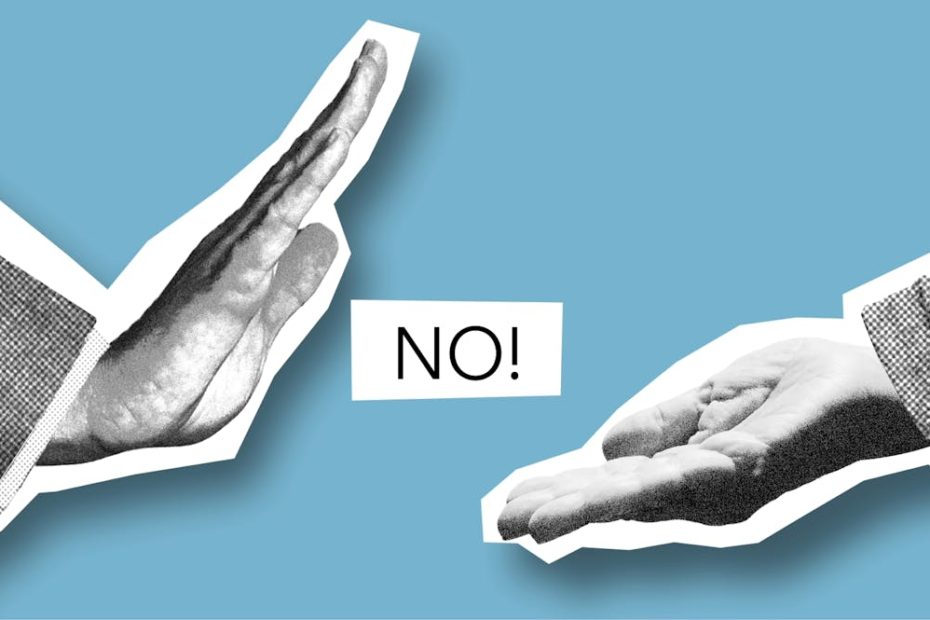What to do if the airline refuses to pay compensation?
What steps can you take? Are there alternative methods to seek flight compensation?
Air travel can often come with delays and cancellations, leading to inconvenience and frustration. When an airline refuses to provide compensation for these disruptions, it only makes matters worse. This is particularly true if you’re seeking compensation on your own, without the assistance of a flight compensation company.
There are various options to get the compensation they are entitled to.
Continue reading to learn more about these options.
Check flight compensation online.
What to Do If the Airline Refuses to Pay Compensation?
Firstly, it’s crucial to understand your rights as a passenger.
European Union regulation ((EC) No 261/2004) provides robust protection and entitlements in case of flight delays, cancellations, or boarding denials. Familiarize yourself with this regulation and determine whether your situation qualifies for compensation.
If your flight does qualify…
1. Reach Out to the Airline Again
If the airline refuses to pay compensation, start by gathering all relevant documentation, including booking confirmations, boarding passes, receipts, and any communication with the airline. This evidence will support your claim in subsequent steps.
Next, try engaging with the airline’s customer service department. Politely but firmly present your case, referencing the European regulations (UK261 offers the same rights) and providing documentation. Explain that your compensation request has been denied even though you are entitled to flight compensation.
Remain persistent. If necessary, send the same email message every other week, or contact the airline on social media. Mention court rulings relevant to your case. You can find those on travel forums and traveller groups.
Should the airline remain unresponsive, consider taking the matter to a higher authority.
By Europe, European Union and EU here on this website we mean all EU Member States, the United Kingdom (UK), Guadeloupe, French Guiana, Martinique, Reunion, Mayotte, Saint Martin (French Antilles), the Azores, Madeira, the Canary Islands, Iceland, Norway, and Switzerland. This is where these European regulations work.
2. Contact the NEB of the Country Your Flight Is From
If the airline refuses to pay compensation or doesn’t even respond to your e-mails, escalate the issue to a higher authority. In Europe, relevant national enforcement bodies (NEB) can be contacted for assistance.
The National Enforcement Bodies work to protect passengers’ rights, ensuring proper compensation for denied boarding, flight delays, or cancellations. They enforce Regulation (EC) 261/2004 to guarantee these rights are upheld.
This option is available if your compensation claim is denied by the airline.
NEB services are free but may take more effort and time—usually at least two months to process your request. Despite this, contacting a national enforcement body can be worthwhile. The main downside is the uncertainty. Even if you receive a positive response, it doesn’t guarantee compensation. The airline might still reject or ignore your compensation request.
Check flight compensation online.

3. Take the Case to Court
If all fails, and the airline denies your compensation claim, legal action might be necessary.
It can be effective, though this step should be considered carefully due to the potential costs involved. That’s why we strongly advise contacting the national enforcement body first. If they rule in your favour, reach out to the airline for compensation. If that fails, and the airline doesn’t reply or still denies compensation, use the positive NEB decision to support your court case against the airline.
This option, though demanding, is very effective. Before taking legal action, ensure your claim is valid and that you qualify for compensation. Investigate compensation regulations and know your rights. Prepare supporting arguments and, if you have a positive NEB response, include it as evidence.
By following these steps, you can be confident that filing a complaint will lead to success. However, remember that this option comes with costs, unlike using the services of the NEB.
4. THE EASIEST OPTION – Work With a Flight Compensation Company
If you find the process cumbersome and prefer not to engage directly with the airline or national enforcement body, consider using the services of a flight compensation company. This approach is convenient and requires minimal effort, making it the best option for you.
Claiming compensation with the help of a professional flight compensation company is simple and straightforward. Just fill out an online form, attach your boarding pass and passport copy, and sign the claim electronically. Leave the rest to the professionals. Our partners offer this service, and their team will handle all communication with the airline, ensuring all steps are taken. If any additional questions come up, the flight compensation company will contact you.
You don’t have to deal with the airline, NEB or court.
The main drawback of this option is the fees. Most flight compensation companies charge 25-45% of your compensation amount. You’re paying for the convenience.
Here’s how it works:
- Share your details and flight information;
- Upload your boarding pass and passport copy;
- Sign the claim online.
That’s it. The rest will be done on your behalf.
Click on the link below to get started.
Check flight compensation online.
Popular Flight Compensation Refusal Reasons
Here are some popular flight compensation refusal reasons:
- Bad weather conditions (Was it really that bad? It can be checked)
- Air traffic control restrictions
- Technical issues with the aircraft (Mostly considered the airline’s fault)
- Staff shortages or staff strikes (Mostly considered the airline’s fault)
- Airport closure or runway maintenance
- Delays caused by other airlines or airports
- Natural disasters (Was it as bad as the airline is saying? It can be checked)
- Passenger behaviour (Mostly considered the airline’s fault)
- Medical emergencies (It can be checked. We have had people being given such a reason when in reality there was no emergency at all)
- Force majeure events beyond the airline’s control.
In short, always double-check with someone.
Airlines may not tell the full truth.
Do you have questions about flight compensation claims? Has an airline ever refused to pay compensation to you? How did you handle it? Share in the comments.
Featured photo by Monstera Production from Pexels
